The International Court of Justice (ICJ) issued a preliminary ruling on the case of alleged genocide committed by Israel in the Gaza Strip on Friday, Januari 26 at 13.00 local time.
Delivery of the decision was delivered at the ICJ Session on the request for indication of temporary action submitted by South Africa in the case of Implementing the Convention on the Prevention and Punishment of the Crime of Genocide in the Gaza Strip (South Africa Vs Israel) at the Peace Palace, The Hague, Netherlands.
Al Jazeera reported that the trial was attended by 16 of the 17 judges and chaired by chief judge Joan Donoghue from the United States. The only judge absent was Judge Patrick Lipton Robinson, who presiding judge Donoghue said had participated in deliberations and the final vote, but for unknown reasons he was unable to attend the hearing.
A majority of the 17-judge panel voted in favor of immediate action, fulfilling most of South Africa’s demands, with the exception of issuing an order to stop the war in Gaza.
Also Read: The Forty-Four-Days of Glory: Azerbaijan’s Struggle for Justice and Peace
The International Court of Justice also recognized the right of Palestinian citizens in Gaza to be protected from acts of genocide.
In the ICJ’s official statement received by MINA moments after the trial finished, Friday, during the trial which was held for approximately 1 hour, there were six important points from the International Court’s decision that were worth paying attention to, including:
First, Israel must take all steps to prevent any act that could be considered genocide, including killing members of a group, causing physical harm, causing conditions designed to bring about the destruction of a group, to preventing births.
This decision received fifteen votes to two judges.
Also Read: Palestine Solidarity Month: A Collective Movement for Al-Aqsa and Palestine’s Freedom
Second, Israel must ensure that its military does not commit any acts of genocide. This decision received fifteen votes to two judges.
Third, Israel must prevent and take action against any public comments that could be considered incitement to genocide in Gaza. This decision received sixteen votes to one judge.
Fourth, Israel must take immediate and effective steps to ensure humanitarian access, including access to the provision of basic services and urgently needed humanitarian assistance to address the poor living conditions facing Palestinians in the Gaza Strip. This decision received sixteen votes to one judge.
Fifth, Israel must prevent the destruction of evidence that could be used in genocide cases. This decision received fifteen votes to two judges.
Also Read: Hassan al-Turabi: A Controversial Thinker from Sudan
Sixth, Israel must submit a report to the court within one month of this order being given. This decision received fifteen votes to two judges.
In taking the case to the International Court of Justice (ICJ), South Africa has called for an immediate halt to Israel’s ongoing military aggression, which has killed more than 25,000 Palestinians. However, the Court did not grant this.
This decision of the International Court of Justice is based on a request from South Africa, 29 December 2023, which submitted an Application to initiate legal proceedings against Israel in connection with alleged violations by Israel of its obligations under the Convention on the Prevention and Punishment of the Crime of Genocide (Genocide Convention) in connection with aggression against Palestinians in the Strip Gaza.
South Africa has filed a lawsuit at the International Court of Justice against Israel alleging serious allegations of genocide in Gaza. The first trial was held on Thursday – Friday (11-12/1/2024). This trial is an important forum to hear claims and defenses from both parties.
Also Read: Who Exactly is the RSF Group Shaking Sudan?
South Africa submitted an 84-page document assessing Israel’s actions as a violation of the 1948 Genocide Convention, which mandates countries to prevent similar crimes.
South Africa also asked to order an emergency halt to Israeli military attacks destroying the Palestinian enclave. The South African legal team emphasized that Israeli air, land and sea attacks have caused the deaths of thousands of civilians and damaged homes and critical infrastructure.
Meanwhile, Israel rejected the genocide accusations, calling them “very distorted” and saying that it had the right to defend itself and target Hamas militants, not Palestinian civilians.
Currently, Israeli attacks are still ongoing in Gaza. So far more than 26,000 Gazans have been killed as a result of the Israeli aggression which began on October 7 2023. Meanwhile, the number of injured has exceeded 63,700 people.
Also Read: The Two-State Solution (Palestine–Israel) in Historical Perspective
Emergency Temporary Ruling
According to international law expert from Gajah Mada University (UGM) Prof. Dr. Sigit Riyanto, S.H., LL.M., that this decision is the maximum that the International Court can achieve at this time.
He said that the ICJ’s decision ordered Israel to stop all actions in Gaza that could be categorized as violating the Anti-Genocide Convention against Palestinians.
“Actually, South Africa’s main lawsuit has not yet been decided. The ICJ should have been more firm in deciding that Israel must withdraw all troops from Gaza. But this interim ruling is a positive signal. “This means that the ICJ believes there are indications that genocide has occurred there (Gaza),” said Prof Sigit.
Also Read: Enchanted by K-Dramas, Dragged into Slander: Time for Muslims to Rise!
ICJ decisions are legally binding and without appeal. However, the ICJ does not have the ability to enforce its ruling.
In line with Prof. Sigit, UGM Humanitarian Law Expert, Fajri Matahati Muhammadin, SH, LL.M., Ph.D. also provided notes on the ICJ decision, where he said that this decision was a provisional measure or a kind of “emergency temporary decision,” not a final decision.
According to him, all South African demands were met almost absolutely (majority 15 v 2, partial 16 v 1). In addition, the judge from the United States who presided over Donoghue’s trial as President of the Court, also granted the demands on all important points of the International Court’s decision.
“While the Ad Hoc Judge from Israel granted two of South Africa’s demands, he rejected the others. “There is also no explicit ceasefire order in the decision,” he concluded. (T/RE1/RE1)
Also Read: Creating Opportunity and Avoiding Misery; Lesson Learn on Waste Recycling Issue
Mi’raj News Agency (MINA)






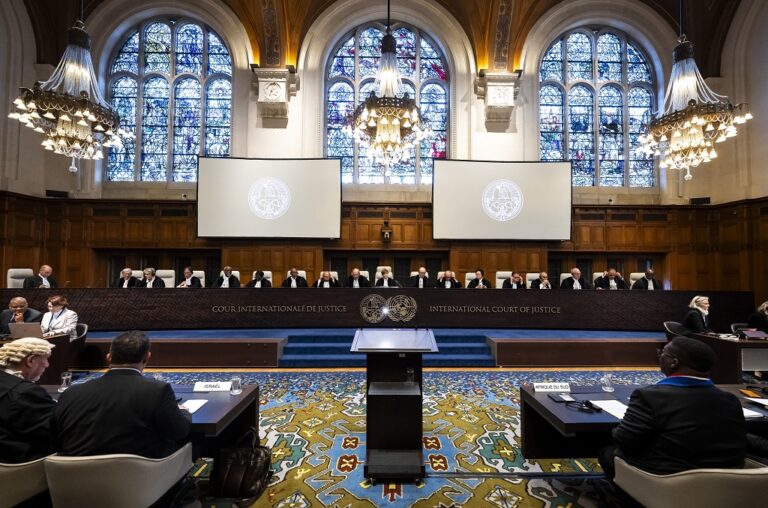



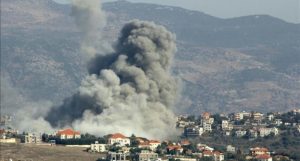




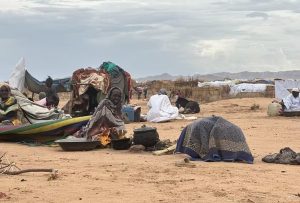
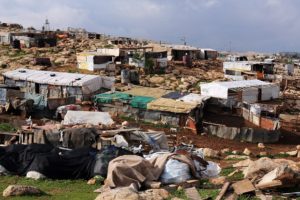
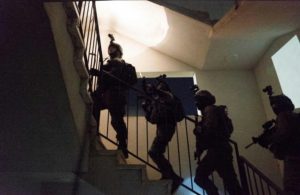
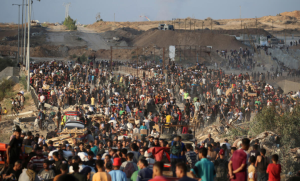

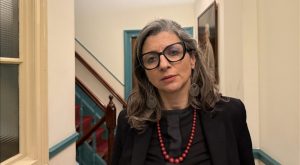
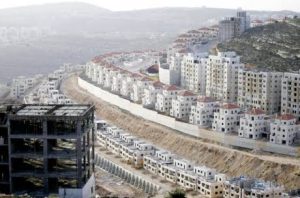











 Mina Indonesia
Mina Indonesia Mina Arabic
Mina Arabic